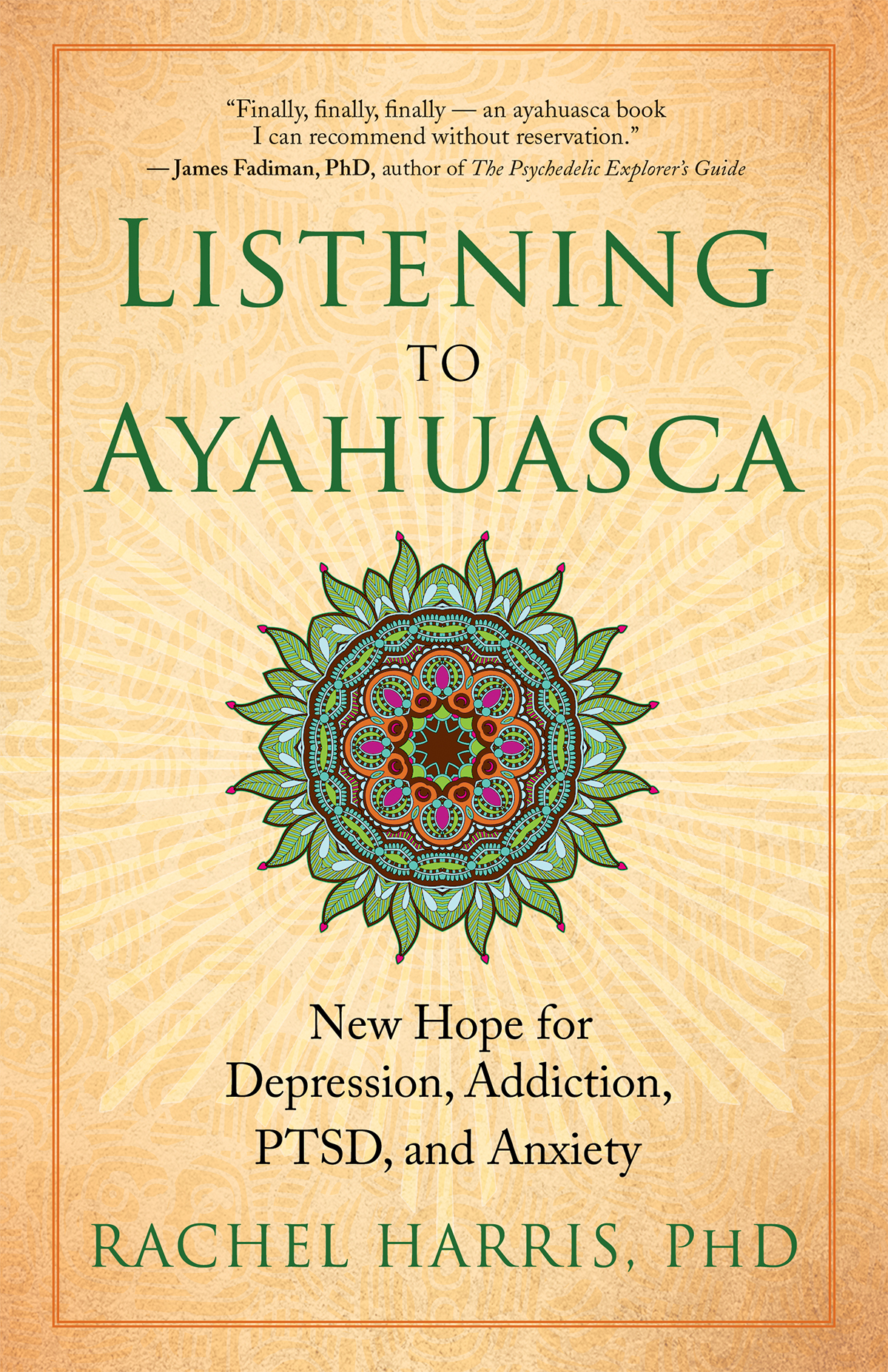Doing psychedelics is so hot right now. From the Op-Ed pages of the New York Times and the Washington Post to social-media health icons and that wealthy uncle with a later-life crisis, more people are talking about expanding their minds with psychoactive substances than perhaps at any other time in modern history. More to the point, these folks aren’t interested in getting high; instead, they are seeking the reported mental-health benefits of using psilocybin (think magic mushrooms), MDMA (think ecstasy), LSD (think acid), kambo (the poison of the giant monkey frog), and ayahuasca under the care of a trained guide or therapist. The party line on psychedelics is no longer “Tune in, turn on, and drop out.” Now it’s something along the lines of “Tune in, turn on, and become more productive and creative while suffering from less anxiety, depression, and existential dread.”
Arguably the most potent — and mysterious — of these substances is ayahuasca, a sacred tea popular with the indigenous people of the Amazon Basin. It is a powerful medicine in many shamanistic cultures, painstakingly brewed from a combination of macerated Banisteriopsis caapi vine and the chacruna shrub. And while it has been a critical part of life in parts of South America for centuries, it has only recently gained mainstream recognition here in the United States.
At this point, the amount of anecdotal evidence supporting the therapeutic potential of ayahuasca and other entheogens is staggering. From war veterans with PTSD and terminal cancer patients with fear of dying to opiate addicts and lifelong sufferers of depression, there is no shortage of positive testimonials from folks who have taken their healing beyond the boundaries of Western medicine. Unfortunately, when it comes to actual trial-based evidence that supports these success stories, there is virtually none.
Enter Dr. Rachel Harris.
Now mostly retired, Harris has been a private-practice psychotherapist for more than 35 years, including a decade of research-based work that earned her a National Institute of Health’s New Investigator Award. She has also had more than 40 scientific studies published in peer-reviewed journals, including 2012’s eye-opening “A Study of Ayahuasca Use in North America” in the Journal of Psychoactive Drugs. She got her start at Big Sur’s famed Esalen Institute in the late 1960s, so the stigmas surrounding psychoactive plants have never scared her off from considering the potential benefits of their use. In fact, it was the steady drum beat of patients alleging big benefits from an ayahuasca ceremony that first piqued her interest nearly 15 years ago. “To be clear, ayahuasca is not some miracle cure, but people have been reporting some amazing results for several years now,” explains the doctor. “After a ceremony, it is not uncommon for people to say that they feel more compassion and greater self-acceptance. They report improved relationships with loved ones and less depression and less anxiety. Many of these things are also primary goals of traditional therapy. Clearly, there is something happening here. But what is it?”

And then there is the spiritual cosmology component of an ayahuasca experience—something which mainstream Western culture has little experience talking about without taking a dive into the deep end of New Age gibberish. For example, in her 2012 study, Harris reports that 74 percent of the 81 subjects that she interviewed all reported an ongoing relationship with the “spirit of the ayahuasca” in the days, weeks, and months following their ceremony that helped guide and support them. In short, their foundational spiritual views had been fundamentally shifted.
“I mean, how do you explain that?” asks Harris with a laugh. “Those sorts of things don’t really fit my personal understanding of how the world works. A permanent and cosmic shift in your world view after one session? I have never seen that happen in my psychotherapy office in 35 years. I would be foolish not to be curious.”
Her curiosity led her to her first ayahuasca experience 13 years ago with a shaman from El Salvador and, more recently, the writing of her book, Listening to Ayahuasca: New Hope for Depression, Addiction, PTSD, and Anxiety. The book is a sober and serious look at what we know and what we don’t know about this plant medicine, the risks involved, and some real-life case studies of the benefits.
“Yes, I hear a [spirit] voice talking to me during ceremony,” says Harris in complete seriousness when asked if she herself has discovered a deeper spiritual connection after drinking the tea. “I can’t tell you what that voice is, but I can tell you that virtually everyone who sits in ceremony hears it. How do you explain that? We are only at the very beginning of understanding this medicine and how it might work.”
4•1•1
Dr. Rachel Harris will be speaking on Saturday, March 23, at 6 p.m. at Unity of Santa Barbara (227 E. Arrellaga St.). The event, which is being produced by EntheoMedecine, will also feature journalist and documentary filmmaker Rak Razam, an authority on the intersection of shamanism, consciousness, and pop culture. Tickets are $35. Visit entheomedicine.org.





You must be logged in to post a comment.